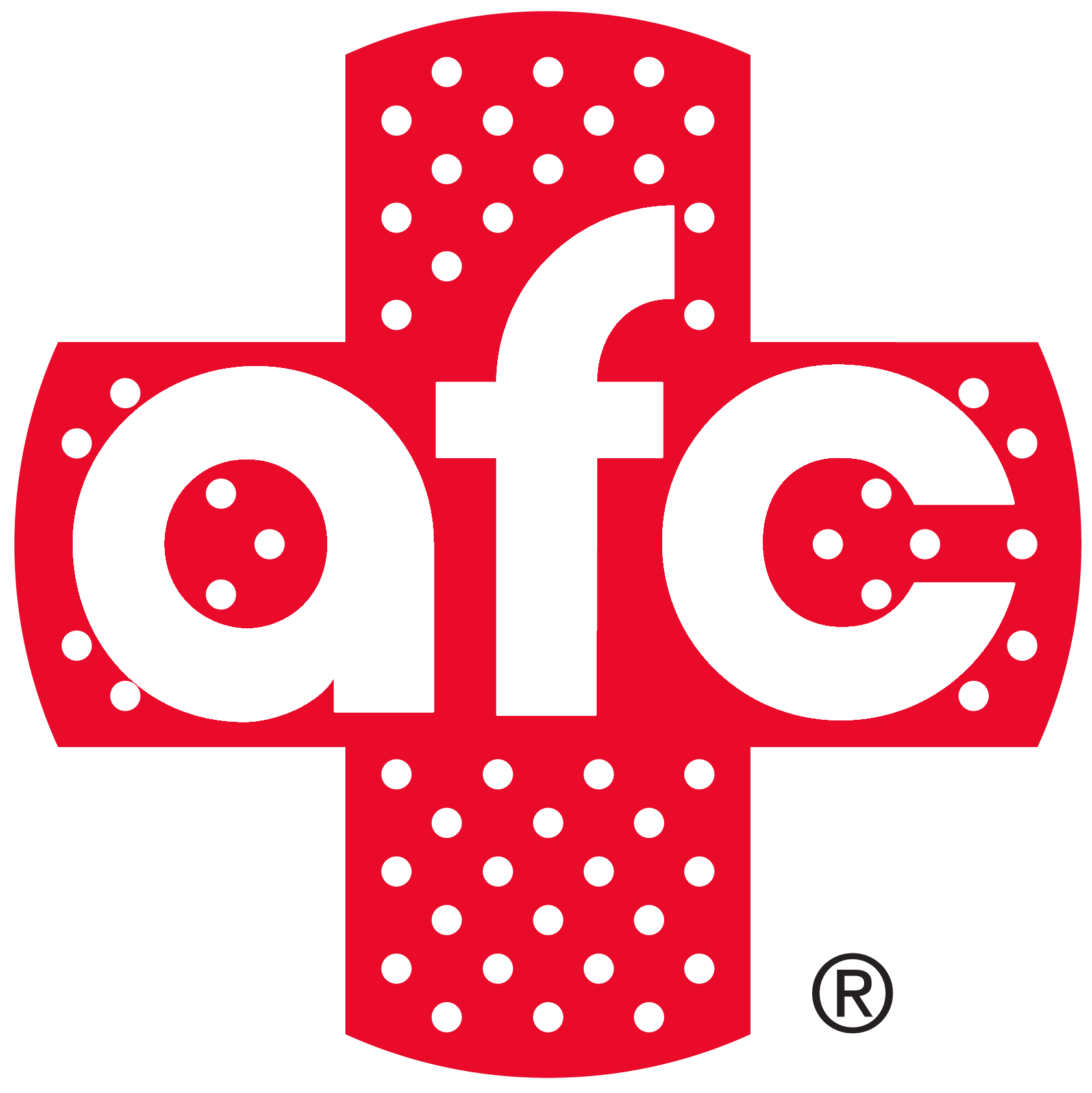Find The Location Nearest Covid-19 Testing
We think you’re located in zip code . Not Right?
Pneumonia Diagnosis and Treatment at AFC Urgent Care in the Philadelphia, PA Area
Many people associate pneumonia with the flu, as there are only certain times of the year when you are likely to get it. Flu, for example, has its peak season during the winter months. Pneumonia, however, can be caught during any part of the year, and there is no regular "peak" month for it. Pneumonia is a disease that can impact one or both lungs and is relatively common. Bacteria, fungi, or viruses can cause it.
How dangerous pneumonia is for someone depends on several factors. Other than someone's general health, their age, lung health, and medical history can play a role in how dangerous this disease can be and can contribute to additional risk factors.
What is pneumonia?
The area pneumonia is concentrated on is someone's lung tissue. Bacteria commonly cause this lung infection, but a virus, like the flu, can also cause pneumonia. Flu viruses often cause inflammation as the body reacts to it, and this inflammation can find its way into the lungs, causing this condition.
While inflammation is a natural reaction to an infection, it can cause lung problems. Inflammation in the lungs can cause fluid or pus to fill up in the air sac, causing someone to cough up phlegm. This phlegm can be white, yellow, and sometimes brown or red. Pneumonia will block airways and lungs with phlegm and impact someone's ability to breathe properly.
It is important to remember that pneumonia can sometimes develop as the progression of a cold or flu. If an infection lingers and moves into someone's chest, pneumonia is possible if someone does not seek treatment.
How can someone catch pneumonia?
Pneumonia can occur whenever someone inhales a disease-causing germ that infects their lungs. These germs are often carried by air, so coughing and sneezing can easily transport these germs into someone's lungs. This can occur during any time of the year, whether for a walk, riding a bus, working out at the gym, or attending a work meeting. Some factors may increase your likelihood of catching pneumonia, including:
- Smoking
- Drinking
- Recent cold or flu
- In a hospital for other treatments
- Under the age of 2
- Over the age of 65
- Weakened immune system
- Exposure to toxic fumes or polluted air
What are the early signs that someone may have pneumonia?
Pneumonia symptoms can develop over days or weeks, depending on the nature of the infection. However, some of the early symptoms of pneumonia include:
- Mild Fever
- Joint Pain
- Muscle Aches
- Headaches
- Dry Cough with no mucus
- Feeling unwell or weak
What are the common symptoms of pneumonia?
Once pneumonia becomes more severe, it is relatively easy for AFC Urgent Care providers to detect and diagnose it. Symptoms may vary from person to person, but most will experience:
- Persistent dry cough
- Wet cough full of phlegm, often yellow, green, or white
- Chills & shivering
- Chest pain when coughing
- Chest pain when performing physical activities
- Body Aches
- Headaches
- Fever of at least 100.4°F
- Fatigue and weakness
For children, especially those under two, symptoms may not appear, and pneumonia may occur without any early symptoms. Some symptoms of pneumonia in infants include:
- Fever
- Vomiting
- Cough
- Restlessness
- Weakness
For adults over 65, pneumonia often causes fewer and milder symptoms than in younger people. This does not mean senior citizens are less susceptible to pneumonia. Younger, healthier adults will have more robust immune systems and fight more against an infection. With their weakened immune systems, older adults may have fewer symptoms, but it could lead to more severe infection and illness. This can lead to impacts on their mental awareness of their surroundings or even death.
When should I visit AFC Urgent Care to be diagnosed and treated for pneumonia?
If you or a family member is in one of the high-risk groups, it is advisable to visit our Urgent Care Center immediately if you suspect symptoms of pneumonia. These high-risk groups include:
- Infants under the age of 2
- Senior Citizens over the age of 65
- Those who have had an organ transplant
- People with chronic health problems such as:
- Asthma
- Heart Disease
- Diabetes
- People receiving chemotherapy for cancer treatment
- People taking medications that impact the immune system, such as steroids
For younger, healthier adults, any of the following severe symptoms of pneumonia should prompt a visit to our urgent care center for evaluation and treatment. They include:
- Persistent fever over 102°F
- Persistent coughing with thick phlegm or pus
- Stabbing chest pain
- Extreme difficulty breathing
- Constant shaking and chills
Note: If someone develops a bluish color on their fingers or lips, this is a symptom of a critical medical emergency, and someone should go directly to the emergency room for assistance.
What should I expect when I come to AFC Urgent Care to diagnose and treat pneumonia?
The treatment for a patient's pneumonia will depend on the nature of the infection. First, our providers will diagnose your condition by:
- Reviewing your medical history
- Conducting a physical exam
- Order sputum and blood tests
- Order, if needed, an x-ray
Once the type of pneumonia has been diagnosed, our provider will then give a patient the appropriate treatment for their pneumonia, which can include:
- Antiviral medication for a viral infection
- Antibiotics for bacterial pneumococcal pneumonia
- Steroids and other medications if lung inflammation is severe
Come to AFC Urgent Care today near you if you are showing signs of pneumonia. Our experienced providers and staff can help prevent this infection from getting worse. We accept most major insurances and are open seven days a week!
FIND A LOCATION
 How Can We Help?
How Can We Help?
- PATIENT SERVICES
- COVID-19 SERVICES
- TELECARE
- EMPLOYER RESOURCES
- PATIENT RESOURCES
- ABOUT US
AFC Urgent Care FAQs
-
Why choose AFC for Urgent Care?
With state-of-the-art centers and a professional medical team, AFC provides on-site X-rays, labs, procedures, and more!
-
What's the difference between AFC Urgent Care and emergency room services?
Urgent care is for medical conditions that require prompt attention but do not pose an immediate threat to your health or life. Here is a simple rule of thumb: if your medical issues(s) are life threatening, call 911, or go directly to a hospital emergency room. If not, an urgent care center such as AFC is an excellent alternative.



